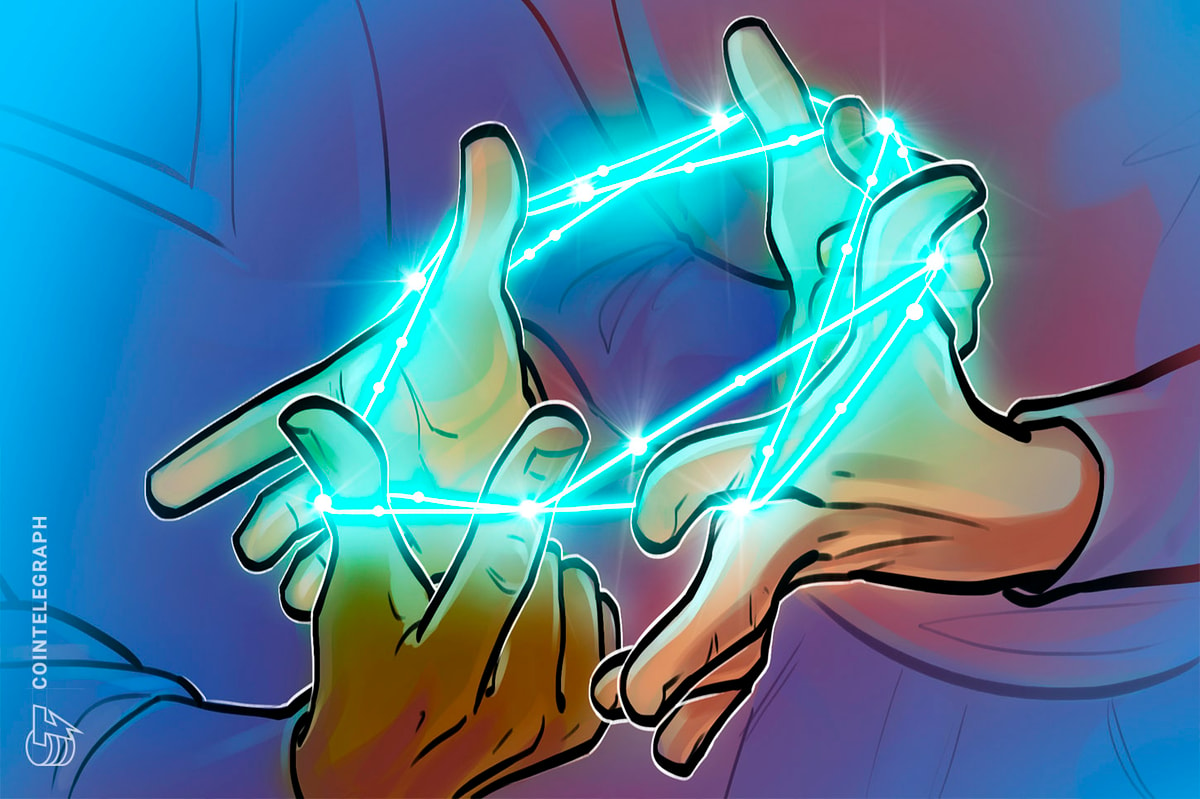With bitcoin’s price volatility causing a lot of cryptocurrency start-ups to pivot, the world’s leading bitcoin processor BitPay has already jumped the gun ahead of its competitors and launched a new and controversial move into the bitcoin mining space.
Project Newton
Dubbed “Project Newton,” BitPay has been secretly working on a kinetic-powered bitcoin miner device called Klondike, which simply attaches to both new and existing vehicles to literally mine bitcoin as you drive.
The official press release reads:
“We are delighted to announce the launch of a product that we believe will put bitcoin mining within the reach of millions more people. The BitPay Klondike that we are announcing today is the first bitcoin mining rig of its kind.”

The project has been led by BitPay Core Developer, Jeff Garzik, who just last year announced his plan to orbit bitcoin satellites in space, called BitSats.
Over the last nine months, Garzik has been quietly working on Project Newton, along with five other top Bitcoin engineers. The project’s aim was to develop a working prototype system based on the same ‘regenerative braking’ concept used by the likes of Tesla and Toyota in their hybrid electric cars.

‘Lean Mining’
According to BitPay, the Klondike prototype device weighs less than 5 kilograms and can be installed by a mechanic in just a few hours. Once installed the miner can, according to BitPay, reclaim up to 17% of the kinetic energy generated by braking.
This energy is then stored in a compact, custom-engineered lithium ion battery, which works hand in hand with BitPay’s open source software, Bitcore, to reuse this stored energy to mine bitcoins on the go.
BitPay explains:
“When a car has the BitPay Klondike installed, it can reclaim up to 17% of this kinetic energy generated by braking and stores it in a compact, custom-engineered lithium ion battery, which powers the internal bitcoin mining ASICs. Electric cars such as the Tesla currently use a similar system called Regenerative Braking to harness this recycled power and further power the vehicle. Instead, the Klondike uses this energy to generate revenue by mining bitcoin.”
However, with a hash Rate of 400 GH/s and power requirement of 400W, the mining device will be far from the most powerful bitcoin mining rig on the market - but it certainly marks the beginning of a new chapter of “lean mining.”
The long term implications of this, combined with the rapid rate of progress in driverless cars could mean that one day robots will be creating money without the intervention of humans or banks.
In the meantime, however, BitPay with its innovative approach to mining is driving bitcoin into a more eco-friendly and ultra-efficient space.
For more information about this project, please visit the Project Newton website here.
Did you enjoy this article? You may also be interested in reading these ones:











